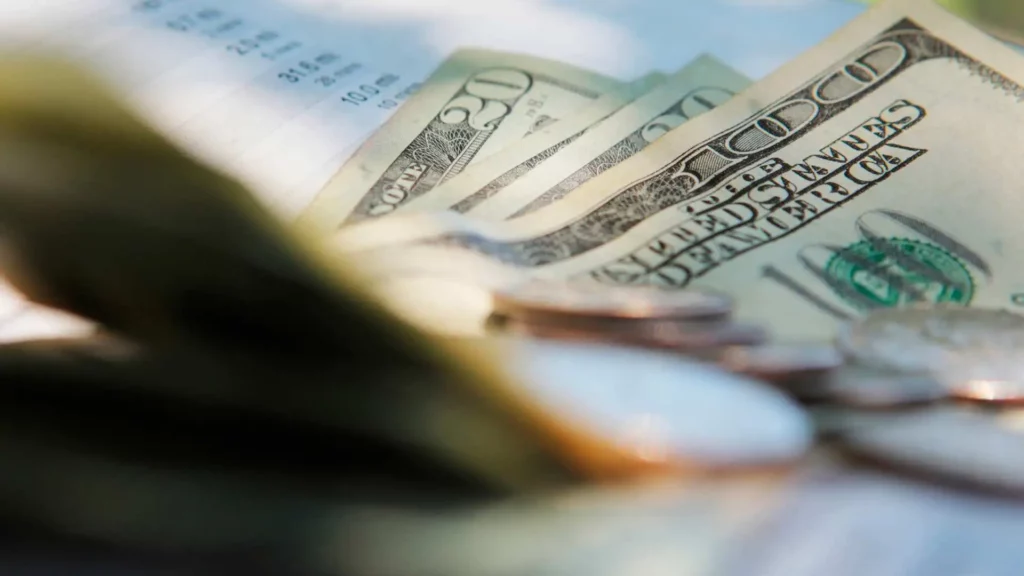There are a number of benefits you get when you use credit cards. This includes a grace period for paying the amount you owe, the flexibility of buying things even if you don’t have the money right away, etc. But perhaps the biggest benefit is the fact that they offer reward points and other rewards for spends.
How many credit cards should you own?
There is no one-size-fits-all answer to this question, as the ideal number of credit cards for you in the US depends entirely on your individual financial situation and spending habits. However, here are some general guidelines:
Minimum recommended:
- At least one: Having at least one credit card is important for building and maintaining good credit history. This is especially important if you are young or have never borrowed money before.
Optimal range:
- 2-3 cards: This is a common recommendation for most people. It allows you to have a card for everyday expenses that offers good rewards, like cashback or travel points, and another card for specific situations like travel or dining out. This way, you can maximize your rewards while keeping your finances manageable.
Maximum to consider:
- 3-5 cards: Beyond this point, it can become difficult to keep track of multiple cards and their rewards programs. Additionally, opening too many cards can negatively impact your credit score due to hard inquiries.
According to Experian, the credit bureau, the average American has 3 credit cards. But why have multiple cards? That’s because every card will offer you rewards or enhanced rewards on certain types of spends. Very few cards offer rewards on every spend. This is why it makes sense to have 2 or 3 cards so that you can make the best use of the rewards you get. They are free after all.
Important factors to consider:
- Financial responsibility: The most important factor is your ability to pay off your credit card balances in full every month. Carrying credit card debt can quickly become expensive due to high interest rates.
- Spending habits: Analyze your spending patterns and choose cards that offer rewards for the categories you spend the most on.
- Annual fees: Consider the annual fees for each card and whether the rewards outweigh the cost.
What is the relationship between credit cards and my credit score?
Credit cards influence your credit score a lot. any score of 795 and more is considered to be an excellent one. This sets you up very nicely for a lot of financial benefits when you apply for loans. Having good and great credit will get you the best interest rates and terms on your loans. Let us take a look at how exactly they impact your credit.
Number of credit cards
The number of credit cards you own does not directly impact your credit. In fact, the more cards you have, the more credit your total usable limit will be. And if you manage to spend only a small percentage of this total limit, it will boost your credit score. 30% or less utilization is the best way to improve your score.
But this is where it gets tricky. When you have a high spending limit, the temptation to spend is also more. And if you’re not careful, you’ll be using up more than 30% every month. This will hurt your credit badly. Worse, you may end up accumulating a ton of credit card debt. And with their extremely high interest rates, credit debt can sink your finances.
Payment history and utilization
Your credit utilization and payment history together contribute to around 65% of your credit score. What does this mean? Simply put, how much of your total credit you use every month and when you pay your dues are critical factors. Make sure you pay the amount you owe every month on time. Just to be safe, pay off your credit card bills 3 or 4 days before the last date. In case of any payment processing delays, you will have time to raise a complaint.
A single missed payment will hurt your credit so badly that it may take months to fix the dip in your score. That’s why it is crucial to spend not more than 30% of your total credit. And make sure this is well within your income as well. You do not want to get caught in credit card debt. Utilizing only a small percentage of your credit will ensure that you have enough funds to clear the bills comfortably while gathering rewards at the same time.
Age of your credit accounts
The age or duration of your credit accounts also plays a part in deciding your credit score. The longer, the better. So, if you keep closing your credit accounts and open new ones regularly, it will hurt your credit. In fact, once you open an account, try and keep it open for as long as possible. This is one reason to carefully select your credit cards. Apply only for those that will be beneficial to you in the long run.
While there is no limit to how many credit cards you can have, it is wise to limit it to 2 or 3 at the most. This should give you a sufficient spending limit and if managed well, they can help build your credit.


























